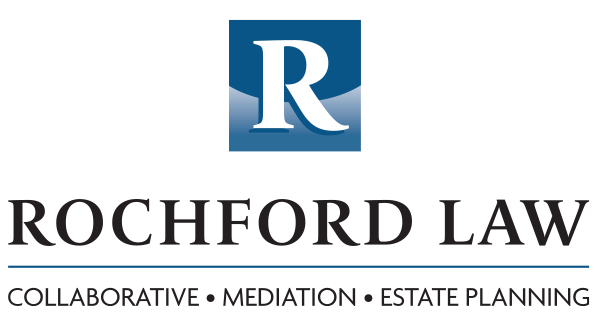Trusts



What is a Trust?
How does a Trust Differ From a Will?
Both wills and trusts are legal documents that provide how your assets will be distributed to beneficiaries. However, there are important differences. A will goes into effect after your death, whereas a trust will go into effect once it is established. In addition, a will typically goes through a court process known as probate after the property owner’s death, and the assets cannot be distributed to your beneficiaries until after the probate process is completed. Trust assets can be distributed immediately upon your death or at a later time depending upon the instructions in your trust agreement.
What are the benefits of a trust?
A trust is not subject to probate. The probate process can be lengthy and costly, and by avoiding it, beneficiaries are able to receive assets sooner, and probate costs including attorney fees, court costs and executor commissions are avoided;
Unlike matters in probate court, which in most cases are open to the public, the terms of a trust are private, not available to public viewing, and do not require court approval;
A trust allows the grantor to determine not only where the assets will go but also how and when the assets will be paid. This is a crucial consideration if one or more beneficiaries are children, or someone whose ability to manage money is a concern;
A trust can offer protection of assets from creditors of your beneficiaries, either through debt or divorce;
A trust may also reduce or eliminate estate and gift taxes.
Types of Trusts
A revocable trust, also known as a living trust, allows the trustor to make changes to the trust. The trustor can add or remove assets from the trust, change the trustees or beneficiaries, and even revoke the trust itself.
An irrevocable trust cannot be changed once it is created by the trustor. The trustor no longer has control over trust assets and cannot, except in very specific circumstances, make any changes to the trust. Assets in an irrevocable trust are not available to creditors as they are considered removed from your estate. In addition, after the time requirement has been met, assets in an irrevocable trust are also not available to nursing homes or Medicaid.
